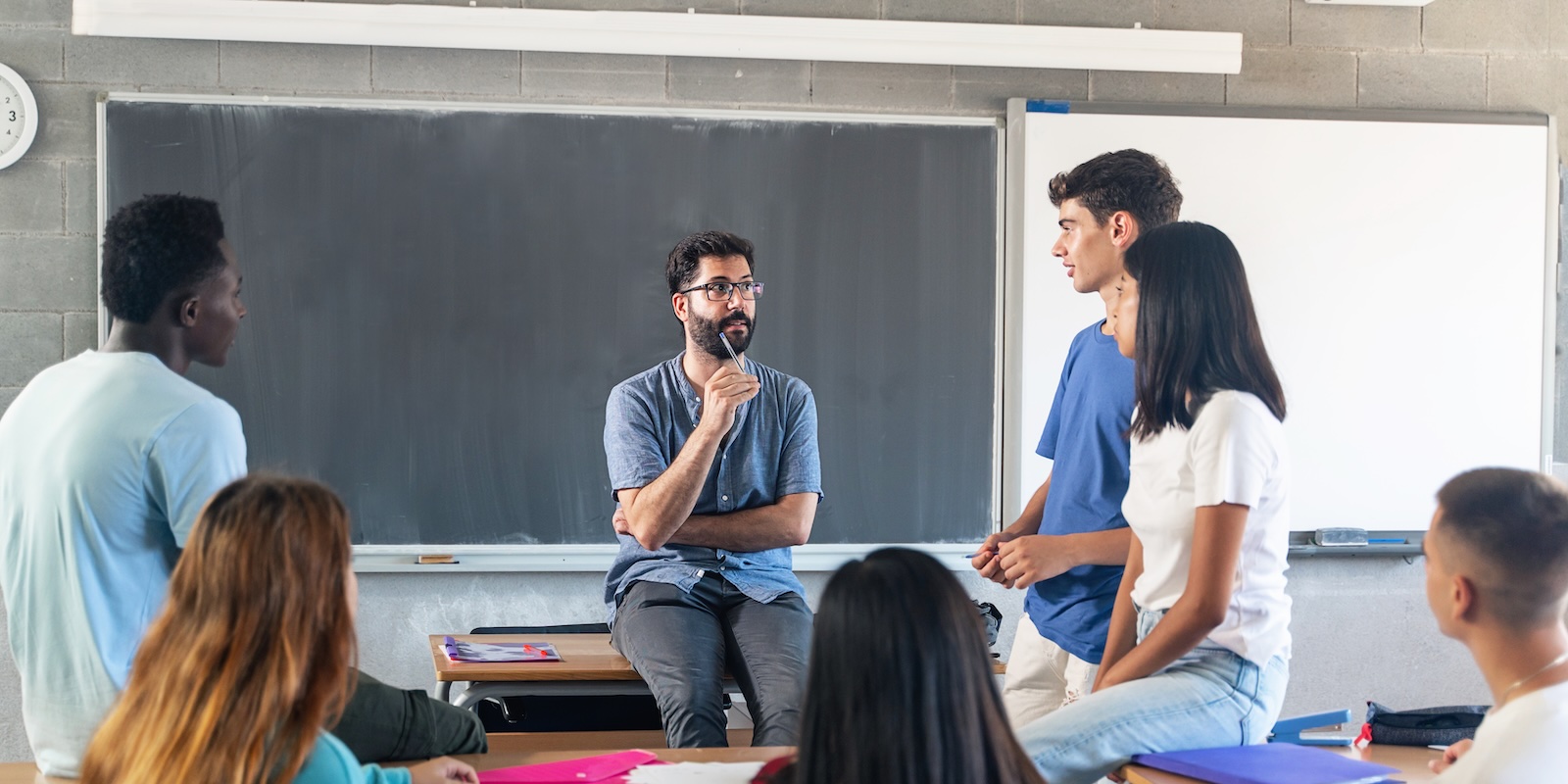Responding to Bullying

Knowing how to respond to students experiencing bullying is not easy. One expert offers five effective steps for supporting bullied students.
Recently I was invited to speak about the difficulties of dealing with bullying in school on That Expert Show. Bullying happens when one individual removes the power from the other and creates an unsafe environment. The individual receiving such negative behaviors from another will feel intimidated and unwanted. Bullying has an additional impact on self-esteem and self-confidence.
Bullying can happen anywhere and at any time. It can occur at any educational level, in the workforce or even in a family dynamic. Bullying is not just about the one being bullied. The bully is often a victim, too. A whole child approach to addressing this dynamic provides empathy for both victims as there are underlying issues that lead the “bully” to attack another student.
When students feel attacked, they often withdraw. You may notice a change in their school attendance and/or academic performance. Avoiding social situations with other peers may also be a response to what is happening. Eating and sleeping patterns may be impacted.
Students spend more than six hours a day in school. Ideally they learn about community and develop positive personal relationships with peers and adults. The hope is that a school is a place where students learn how to handle challenges such as bullying. The goal is to support the whole child as they move through each grade level.
Following are some effective steps for supporting bullied students:
Acknowledge emotions
Talk to the child about what is going on and acknowledge that this is a difficult situation. Let them speak to you about their feelings and listen. Use an activity to chart the size of the problem. Is this happening to everyone or just this student? From this discussion identify ways to handle this situation.
Understand the power of words
What we say can inform, help or hurt. It is hard to take back what is said. An exercise that can help illustrate this is to have the student squeeze a toothpaste tube and then attempt to put the toothpaste back in the tube. This is very difficult if not impossible to do and can illustrate that words can be said, but often the emotional impact on another person cannot be removed. Before saying something, think and reflect on how it might be perceived. Teach the student to share their emotions with the individual. They may not be aware that their words are causing such distress. Understand and define the idea of perceptions.
Role-play
Take time to set up some scenarios that the child may encounter. From this experience, you can help them generate a list of how best to handle different interactions. Role playing also assists with the upstander role. Being an upstander for others being bullied can help change the culture of relationships and can help the student establish a connection to the other student's needs.
Create kindness
Studies find that the resultant mindset changes when we share more gratitude and kindness positively shape our overall behavior. Relatedly, the cascading impact of transforming a negative situation into a positive one can be significant for all involved. Providing our students the opportunity to engage in acts of kindness through community service and other collaborative projects benefiting others builds their self-esteem and confidence. The centering impact gives them the strength to see beyond confrontational moments and to recognize that such events do not define one’s life.
Connect with a school team
The school counselor, social worker, psychologists, teachers, and administrators can include classroom lessons on topics related to bullying and social-emotional issues. Connect this to a student’s home life by providing family members with tips to reinforce concepts at home with the child. If it is an individual situation, discuss what is happening with the child and create an acceptable plan of action.
We need to know our students’ strengths and challenges to best offer meaningful supports and strategies for dealing with bullying. What supports and activities would you add to this list?
How do you help students deal with bullying? Let us hear from you.
Join the Conversation
Are you interested in innovative practices for improving student success, insights from our members, recent news, and engaging webinars? Check out our resources for the latest updates.




